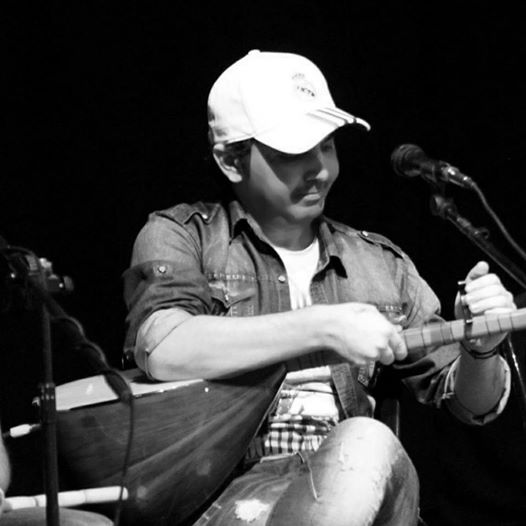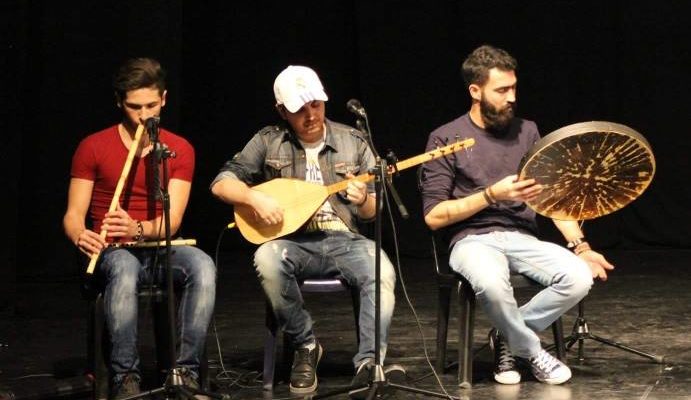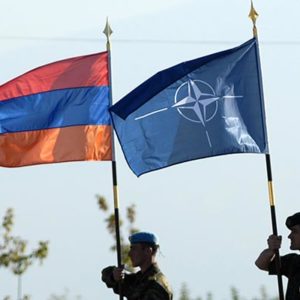As Kurds are celebrating Newroz, the Kurdish New Year, which coincides with the arrival of Spring, a message of hope and joy, “ The New Eastern Politics Network” conducted through Christiane Waked an interview with Kurdish musician refugees in Lebanon to talk about their struggle and lives outside their homeland…
Can you give us a brief history of the Kurdish music?
Mistepha: Yes, of course. Divided by geographical and political frontiers, the Kurdish music is the strongest medium that unites all Kurds with each other. It’s a historical bridge and a bond between us and our ancestors. It has both a social and a communication function. It started first with as a simple folk music and now is more developed with the performers.
https://www.facebook.com/100004579897069/videos/739101456252511/
Traditionally, there are three types of Kurdish Classical performers – storytellers (çîrokbêj), minstrels (stranbêj) and bards (dengbêj).The bards, were for instance, peasants with an exceptional memory possessing a voice of fine quality or possibly mastering a musical instrument. With time semi or highly professional musicians and singers have begun to animate local festival or wedding parties. Most songs were performed in night gatherings which are considered classical. Several musical forms are found in this genre. Many songs are epic in nature, such as the popular Lawiks which are heroic ballads recounting the tales of Kurdish heroes such as Saladin. Heyrans are love ballads usually expressing the melancholy of separation and unfulfilled love. Lawje is a form of religious music and Payizoks are songs performed specifically in autumn. Love songs, dance music, wedding and other celebratory songs, work songs are also popular.
The most frequently used song form has two verses witen-syllableble lines. Kurdish music is characterized by its simple melodies with a range of only four or five notes.
How did your group start? Can you tell us more about yourselves?
We are three musicians; Mestapha plays on the tambour and the Oud, Xebat on the Def and Ahmed on the nay. We play traditional and modern Kurdish music. We like to enliven small audiences in festivals or small the atres.
atres.
I and Xebat are Syrian Kurds from Kobane while Ahmed is from Palestine.
We play and teach music to students and so far I have written and composed two songs that are inspired by my Kobane background.
How long have you been in Lebanon?
When the war started, me and Xevat left Kobane and went first to Turkey.
It has been more or less three years since I came to Lebanon
Unfortunately, we are not able to concentrate a lot on our music since we struggle with economic difficulties and have to work several jobs to make a living.
What kind of music influences you?
Kurdish mothers are known to sing to their fetus from their womb Kurdish lullabies that tell stories of the harsh reality.
The Kurdish music is influenced by all kind of existentialist, nostalgic and sad melodies that speak about oppression which defines our struggle and identity.
Does your music have any message for the youth?
We want to give hope and joy not only to the Kurdish youth but to all the souls that feel oppressed in one way or another. Our message is that the sound of music is louder than hatred.
Christiane Waked is a former Press Attaché of the French Embassy to the UAE (2010-2015) also worked as linguist and analyst in the French Interior Ministry (2005-2008)







